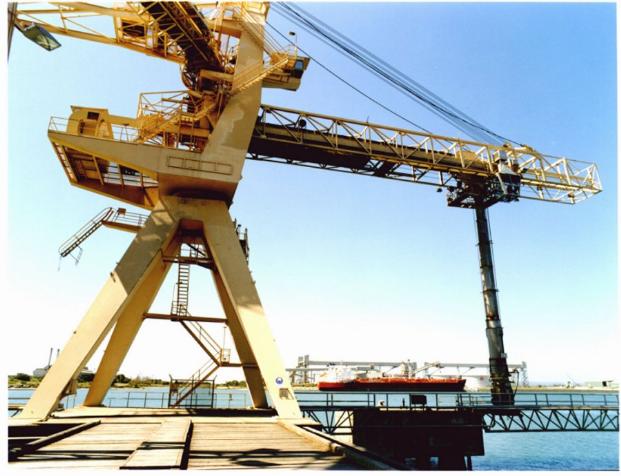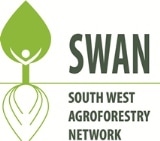WAPRES has diversified their woodfibre business and is now exporting biomass from the Bunbury Port. An agreement has been negotiated wth Tsuruga Green Power in Japan to export 136,000 tonnes of biomass in 2017.
This biomass has been procured from a number of different sources and are looking for more resource for this market and request growers contact the Bunbury office for more information.
In the Winter 2017 Blueprint newsletter, WA Plantation Resources (WAPRES) chief executive officer Ian Telfer has stated that there is a "rapidly growing interest in woody biomass as part of the push for renewable energy. Internationally this is becoming a significant industry sector."
He went on to state that "In WA there is a significant volume of un-utilised wood fibre that is currently burnt or left behind after logging operations. This is because there has been no secure market for mixed species eucalypts residue.
With the support of Marubeni we are now able to provide a market for all residues. The benefits include economic returns to growers, improved forest management - through thinning, and fuel reduction lowering fire risks.
Earlier this year, ABC reported that Mr Telfer has said creating new markets for biomass energy production would help the industry cut down on waste. He said operators always aim to use "as much of the tree as possible".
But Mr Telfer said small trees and fine woodchips, known as the tree residue, were difficult to make use of, particularly from Jarrah forests.
"In the Karri forest we have the opportunity to use [residue] for woodchips to make paper," he said.
"But in the Jarrah forests, a lot of the residue is left behind."
Mr Telfer said Jarrah residue has a lot of potential as a biomass product.
He said there was an increasing global demand for timber residue for energy production.
"In Europe and in Asia, there's increasing focus on looking to use wood waste and wood residues as a fuel source," Mr Telfer said.
"Particularly as opposed to nuclear, coal and gas energy."
Mr Telfer said Japan would be a potentially significant market as it attempted to reduce its reliance on nuclear power.
This biomass has been procured from a number of different sources and are looking for more resource for this market and request growers contact the Bunbury office for more information.
In the Winter 2017 Blueprint newsletter, WA Plantation Resources (WAPRES) chief executive officer Ian Telfer has stated that there is a "rapidly growing interest in woody biomass as part of the push for renewable energy. Internationally this is becoming a significant industry sector."
He went on to state that "In WA there is a significant volume of un-utilised wood fibre that is currently burnt or left behind after logging operations. This is because there has been no secure market for mixed species eucalypts residue.
With the support of Marubeni we are now able to provide a market for all residues. The benefits include economic returns to growers, improved forest management - through thinning, and fuel reduction lowering fire risks.
Earlier this year, ABC reported that Mr Telfer has said creating new markets for biomass energy production would help the industry cut down on waste. He said operators always aim to use "as much of the tree as possible".
But Mr Telfer said small trees and fine woodchips, known as the tree residue, were difficult to make use of, particularly from Jarrah forests.
"In the Karri forest we have the opportunity to use [residue] for woodchips to make paper," he said.
"But in the Jarrah forests, a lot of the residue is left behind."
Mr Telfer said Jarrah residue has a lot of potential as a biomass product.
He said there was an increasing global demand for timber residue for energy production.
"In Europe and in Asia, there's increasing focus on looking to use wood waste and wood residues as a fuel source," Mr Telfer said.
"Particularly as opposed to nuclear, coal and gas energy."
Mr Telfer said Japan would be a potentially significant market as it attempted to reduce its reliance on nuclear power.

